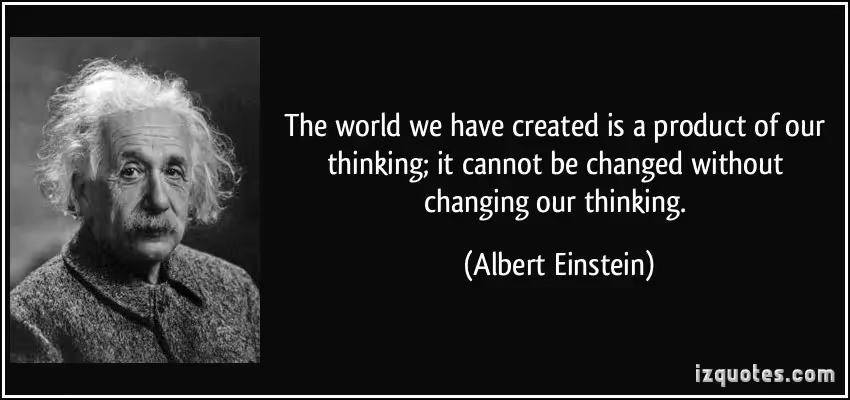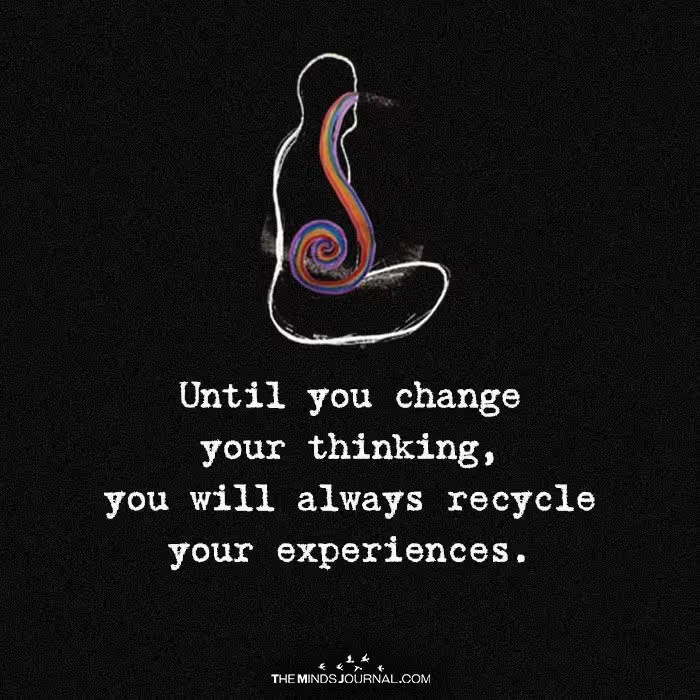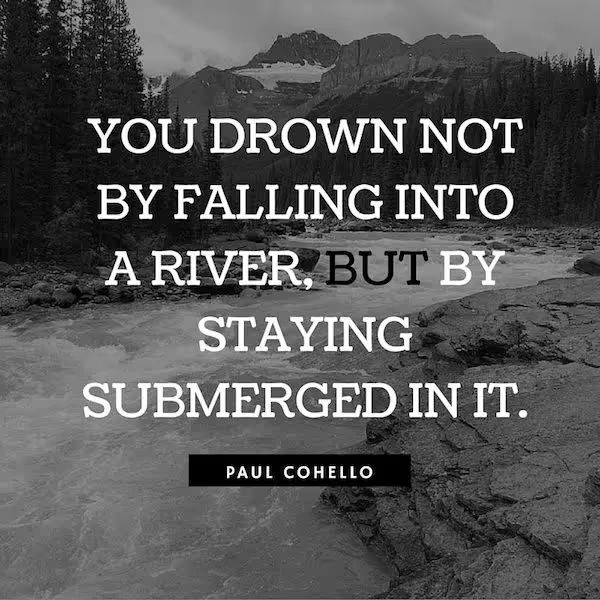Finding an addiction counselor can be hard and sometimes tedious. The constant searching and phone tag are annoying in and of itself, which alone, is enough...

Finding an addiction counselor can be hard and sometimes tedious. The constant searching and phone tag are annoying in and of itself, which alone, is enough of a reason to stop us in our tracks. Therapy relationships are built on our first interaction and so it's often hard to gauge your compatibility online, however, we have selected some of the best addiction counselors in Colorado Springs that we know have a proven track record and are compassionate about working with clients suffering from addiction.
A common theme for individuals working towards long-term recovery is learning to avoid people, places and things that were related to their active addiction.
These are considered to have great relapse potential and thus changing the people, places and things in recovery is essential. It is important to note that almost all of those who are wanting to stop use of alcohol and other drugs (AOD) realize that it is a no-brainer that these aspects of their former using-lives have to change.
These individuals are very aware, even without attending treatment, that if they hang around old using friends, try to return to the bar scene, or keep the phone numbers of their drug connections they are at a higher risk for relapse. AOD treatment has been very effective in addressing these possible relapse triggers and giving individuals tools for changing/replacing these avenues of danger in their recovery.
In "Whatever! - When Our Good Intentions and Optimism Take A Nosedive" we discussed one of the reasons why stopping the use of alcohol and other drugs is so difficult is due to a lack of change in thinking. If you are one of those individuals who have wanted to stop your use of AOD, have made the rounds of treatment and rehab facilities, and even attended 12 step meetings, but still struggle with repeated relapses and can't understand why all of these things haven't worked for you, perhaps there is one area of change that has been missing in your recovery journey.
It is changing the way you think!

What?
You may be saying to yourself, 'But I already know all about those thinking errors that we talked about in treatment'.
Thinking errors, the little lies we tell ourselves to give ourselves permission to do what we know is wrong. (Filtering, Black and White Thinking, Mind Reading, Catastrophizing, Maximizing, Minimizing, and several more) It's good that you know what these are and hopefully how to recognize your own thinking errors that need changed, but there is so much more to learn about changing how you think in order to prevent a return to AOD use.
In order to change your life, you must change your thinking and that's not easy when you have spent your life thinking a certain way.
What enters your mind repeatedly, occupies it, shapes it, controls it and in the end expresses itself in what you do and who you become.
To change your thinking, you must do it one thought at a time.

All of us are thinking, all the time, even when we aren't aware of it. We have an ongoing internal dialogue with ourselves every day whether trivial thoughts or profound. A lot of our thoughts are automatic thoughts, they just happen. We may not be aware of how much our thoughts contribute to how we feel and how we behave. This is called, Cognitive Processing or the Cognitive model.
Event or Situation Occurs >>>Thoughts About the Event>>>Feelings result from the Thoughts>>>Behaviors or actions in response to the feelings
Understanding that what we think on, determines how we feel and ultimately how we behave. If you continue 'thinking on' the things of your past lifestyle related to ADO you will experience emotions/feelings, sometimes intense feelings of desire, loss and sadness, boredom in recovery, and a multitude of fears. Then if the feelings are not regulated or managed with rational thought, relapse may occur.
Often times individuals believe, incorrectly, that they are not able to change how they think or that they are unable to control how they feel, but as this model indicates, even these thoughts (I can't control my thoughts or feelings), will have an impact on how we feel and then behave.
This process of learning how to change the way we think is not as daunting as it may first appear.
There are many evidence-based methods (proven through research and application to work) for restructuring thoughts, stopping thoughts, challenging thoughts, reframing thoughts, redirecting thoughts and finally replacing thoughts.
More than likely at some point in your life you have heard of the 'power of positive thinking' or using positive affirmations to improve how you feel about yourself or difficult situations in your life.
These are just a couple of examples related to changing the way we think and have been shown to work well for many. For those who are new in recovery or have been abstinent for some time and find they are not moving forward as they hoped or are disappointed with recovery, it may be that your internal dialogue throughout the day is contributing to these and other negative feelings you are experiencing.
To determine if this is the case for you, try 'catching your thoughts' over the course of a week.
Jot down the negative thoughts that you discover.
What are you ruminating on through the day?Do you find your self-talk is encouraging or does it bad mouth you?Are your thoughts present-focused or are you dwelling on the shoulda, coulda, woulda's of the past?Or, do you find that you "What if?" your future and every potential situation or scenario?
After a week of investigating your thought process, it is likely that you will discover just how much your thinking influenced how you felt that week also. And, what about your behaviors through the week? Taking the time to research your own thought process can be eye opening for you and is the basis for you to then begin changing your thinking utilizing many or all of the tools mentioned above.

Changing how you think will impact how you feel and then behave.
So, wouldn't it be great to be more hopeful each day, or have less worry and fear, and to not have to fight thoughts of using alcohol and other drugs?
Doing the work of changing how you think brings rewards that are life-changing. Here are some of the tools for you to try on your own or you can seek out an individual therapist who can help you understand the tools and how to use them.
The key to all of these tools and others is consistency.
Practice, practice, practice. In the next article of this series "Cognitive Restructuring", a more in-depth study of the tools will be investigated for application in your life.
But for now, here is a brief summary of a few of the skills that can be learned to help change the way you think.
-is just what it says it is, stopping those thoughts that are negative or detrimental. When you catch yourself with these thoughts, STOP the thought immediately.
Say No to those thoughts, put those thoughts in check. Some people will visualize a big red stop sign or say to themselves, no don't think that anymore.
Once you stop the thought it will try to come right back so it may be necessary to then use another tool.
-this means to be rational or realistic with that negative thought. If you often have thoughts of 'I'm a bad person', or 'I'm a loser', repeating 'positive statements' to yourself that you don't really believe, or just saying to yourself what you think you ought to say won't convince you that what you are thinking about yourself isn't true. By asking yourself, 'How can I rethink/reframe this thought to feel better about myself and actually believe it?', can through practice, change that negative self-talk.
-which is a form of distraction, to think on something else, such as a task that needs done or something that is encouraging or fun to think about, such as doing a hobby you enjoy, reading a book or watching a TV show to redirect or distract your thoughts away from the negative ones.
Individuals who struggle to change their lives, to stop use of AOD, or to improve their self-esteem, often are impaired in making change because of their ongoing thought process that is negative and/or detrimental. If I say to myself often enough that 'I can't' do something, I probably won't even try it. If my internal self-dialogue tears me down all day long, I probably will doubt my worth or value to others and experience increased feelings of sadness and hopelessness.
There are effective methods that you can learn and apply to help you be successful in changing how you think.
Alcoholism refers to a disease that is characterized by a strong craving for alcohol and an inability to control one's drinking.
Yes, alcohol abuse is a treatable condition. However, it often requires professional treatment to overcome. With the right support, though, anyone can overcome alcohol abuse and regain control of their life. It's important to reach out for help if you or someone you know is struggling. With the right treatment, anyone can overcome alcohol abuse and regain control of their life.
Alcohol abuse is a pattern of drinking that leads to problems in one's personal, professional, or social life.
If you think you might be struggling with alcohol abuse, the first step is to talk to your doctor. Your doctor can help you assess your drinking habits and recommend treatment options. There are also many different types of treatment programs available for alcohol abuse, so you can find one that fits your needs and circumstances. Additionally, support groups can be a valuable resource for anyone struggling with alcohol abuse. These groups provide a safe space to share your experiences and connect with others who are facing similar challenges.
Some resources for family members of addicts include therapy, counseling, 12-step programs, and other support groups. It is important to seek out these resources to get the tools you need to deal with your loved one's addiction. You can also find help for yourself through these resources.
The best way to help an addict without enabling them is by setting boundaries and getting help for yourself. It is important to remember that you cannot control the addict's behavior, but you can offer support and understanding. With time and patience, you can help your loved one recover from addiction.